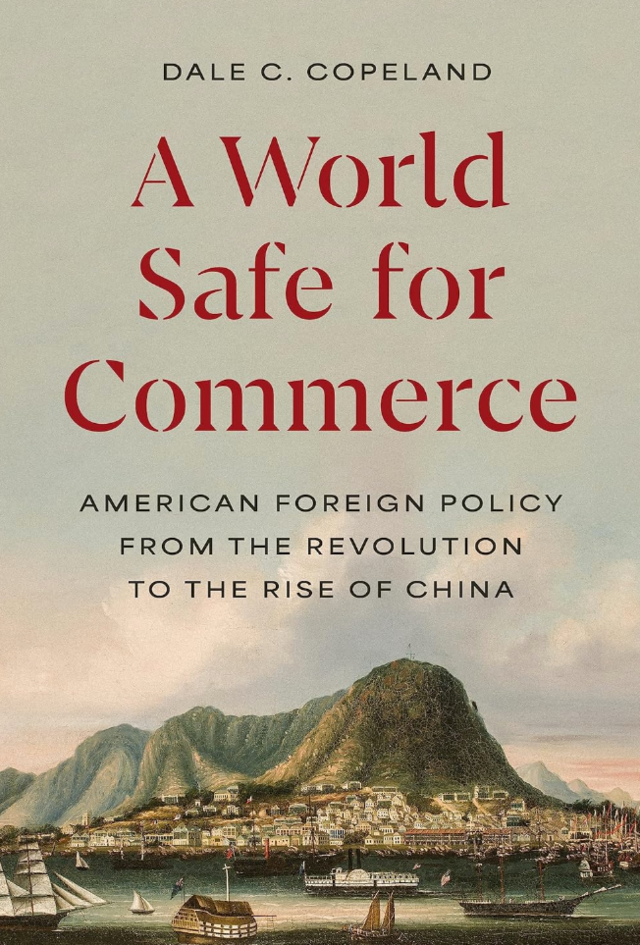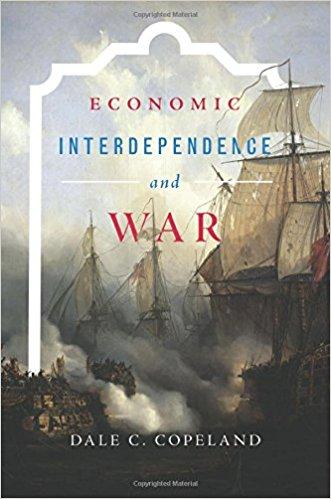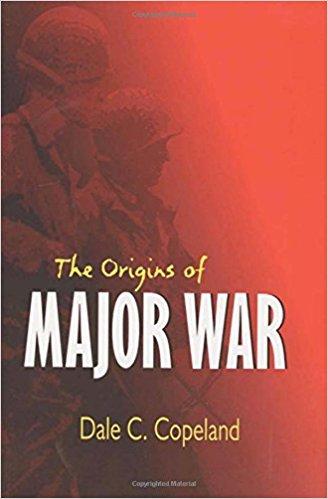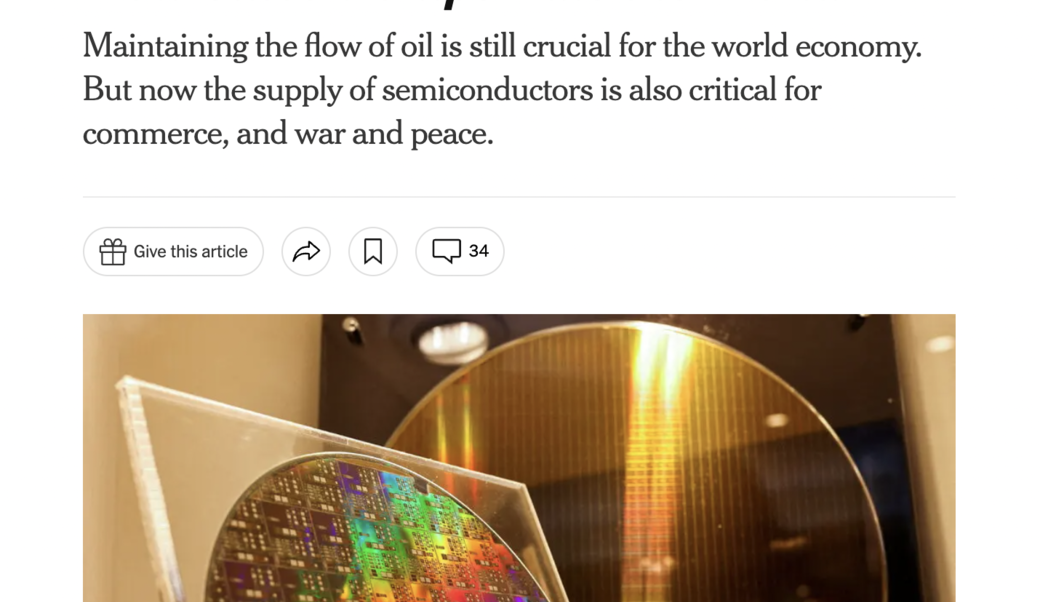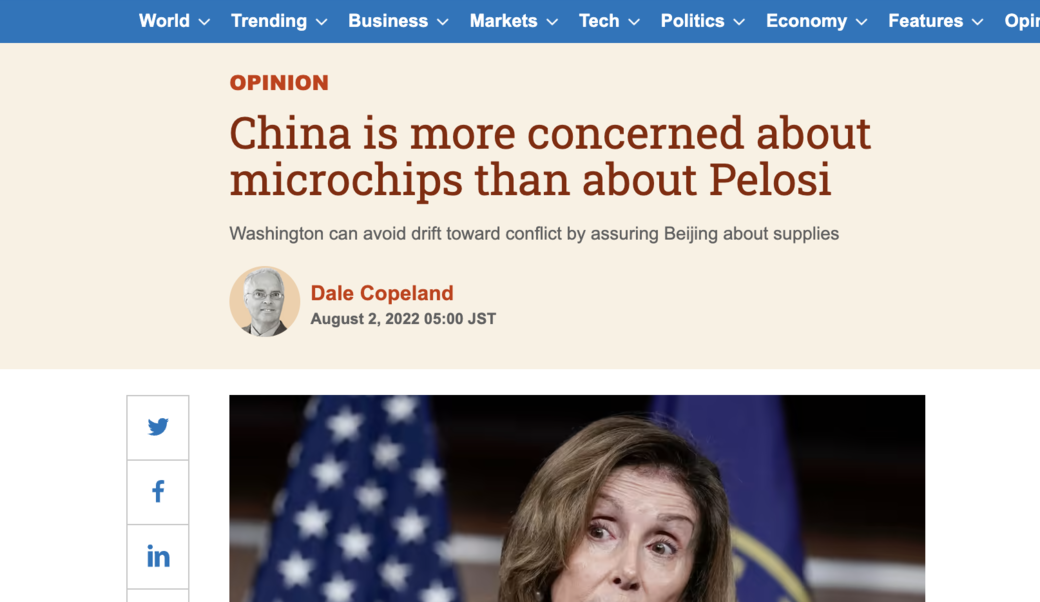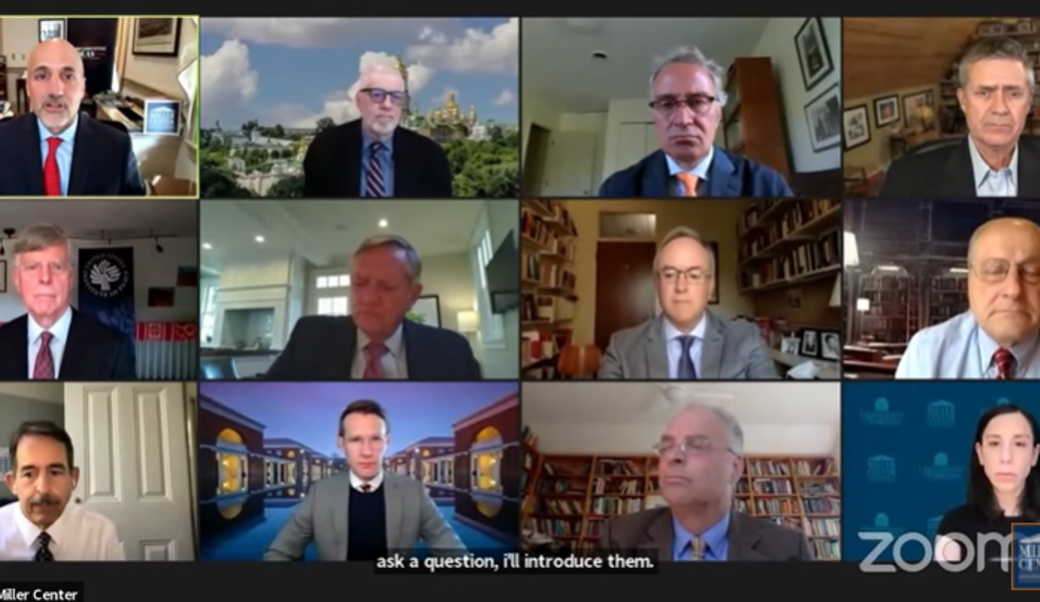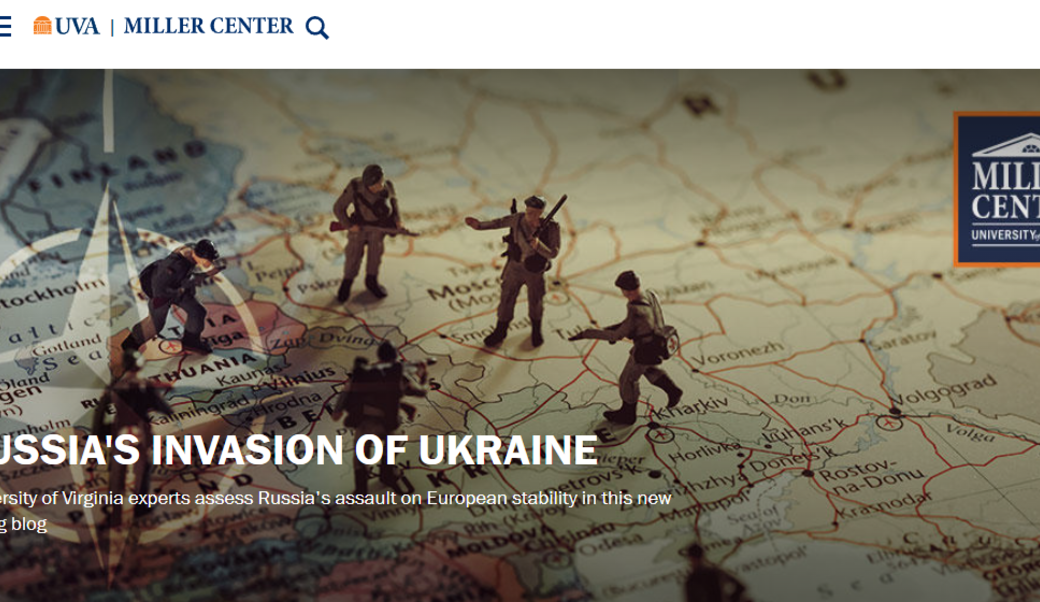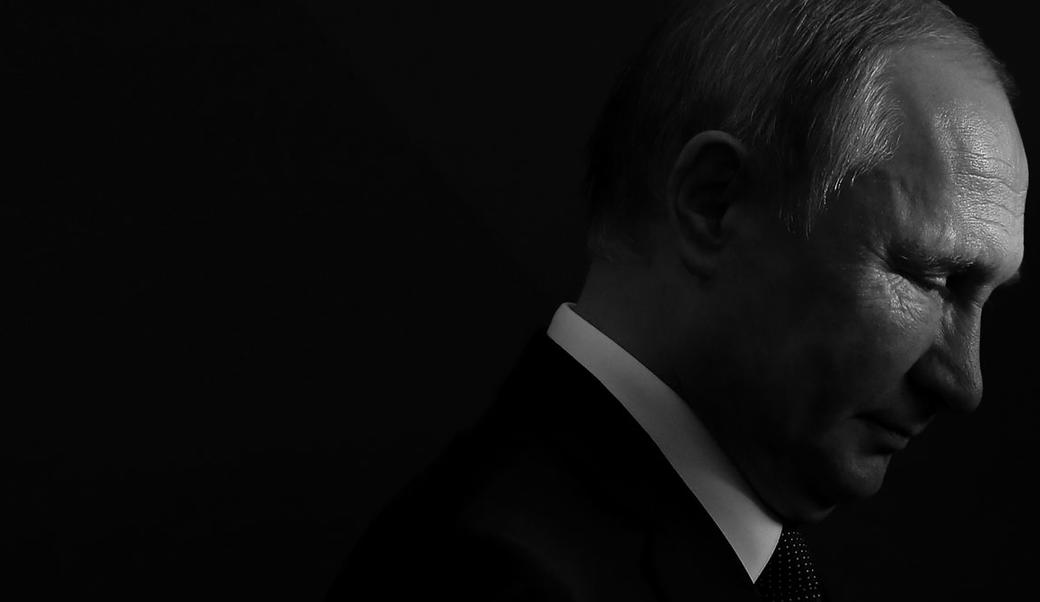Fast Facts
- Professor of international affairs, University of Virginia Department of Politics
- Recipient of numerous awards, including MacArthur and Mellon Fellowships and a post-doctoral fellowship at the Center for Science and International Affairs, Harvard University
- Expertise in international relations, international economics, security studies, political economy
Areas Of Expertise
- Foreign Affairs
- American Defense and Security
- War and Terrorism
- Economic Issues
Dale Copeland, faculty senior fellow, is professor of international affairs in the UVA Department of Politics. A graduate of Queen’s University (B. Comm), Johns Hopkins (MA), and the University of Chicago (PhD), Copeland specializes in security studies and political economy. He is the author of many publications, including Economic Interdependence and War, which examines the conditions under which inter-state trade will lead to either war or peace and won the 2017 Best Book Award of the International Studies Association. He is also the author of The Origins of Major War, which studies the rise and fall of great world powers and the devastation of system-wide war. Other research interests include the origins of economic interdependence between great powers, the realist-constructivist divide, in-group/out-group theory and the logic of reputation-building, and the interconnection between international political economy and security studies.
Copeland is the recipient of numerous awards, including MacArthur and Mellon fellowships and a post-doctoral fellowship at the Center for Science and International Affairs, Harvard University.
His latest book is A World Safe for Commerce: American Foreign Policy from the Revolution to the Rise of China.
